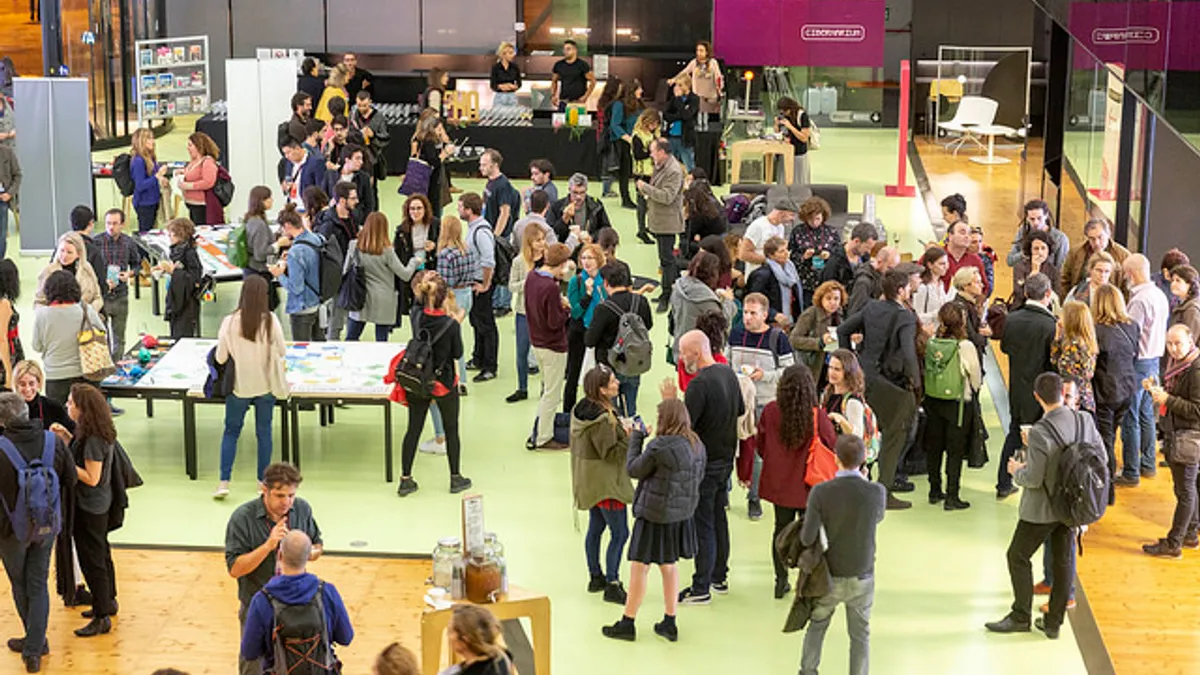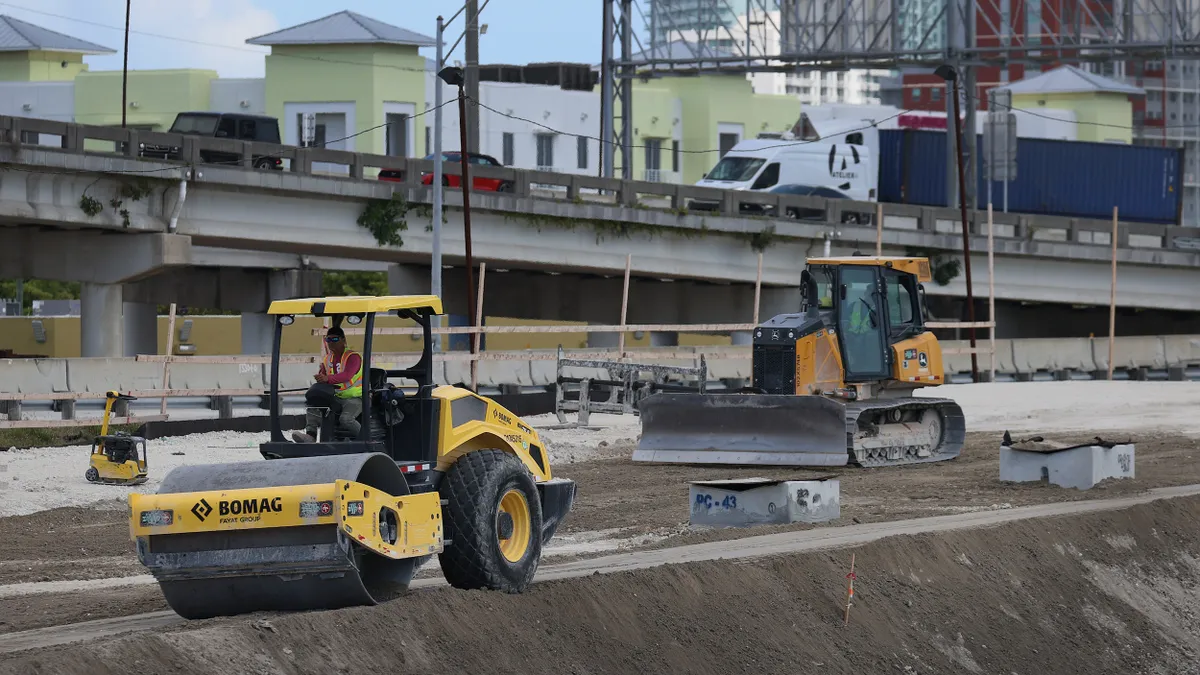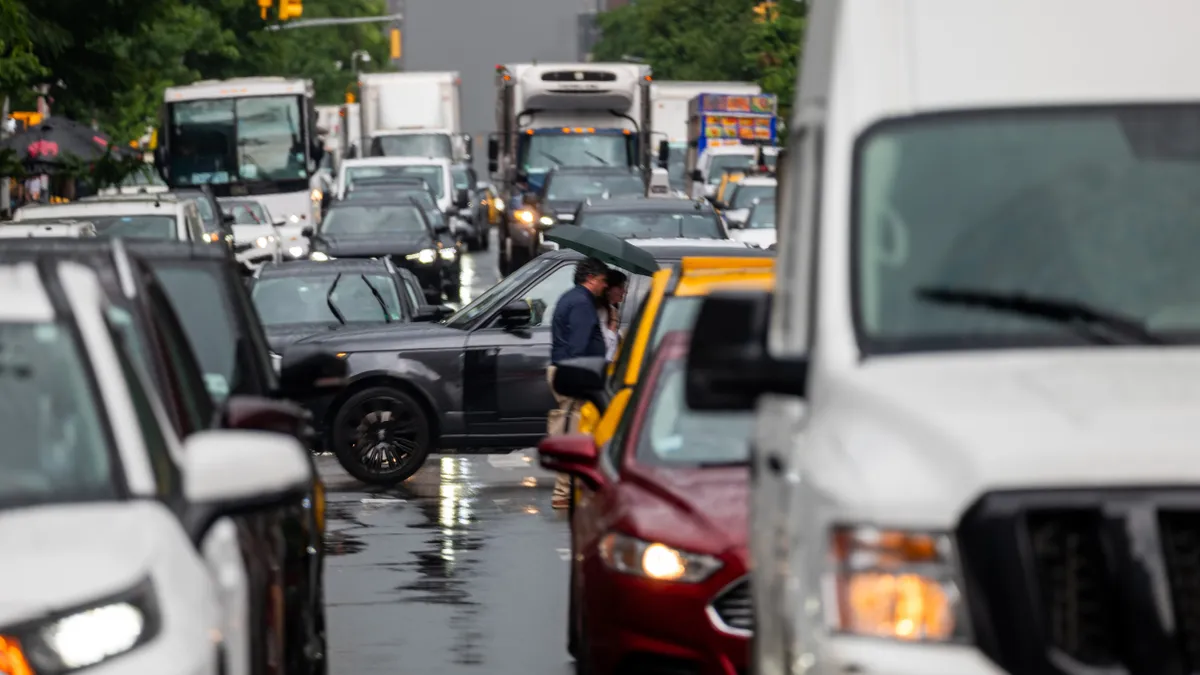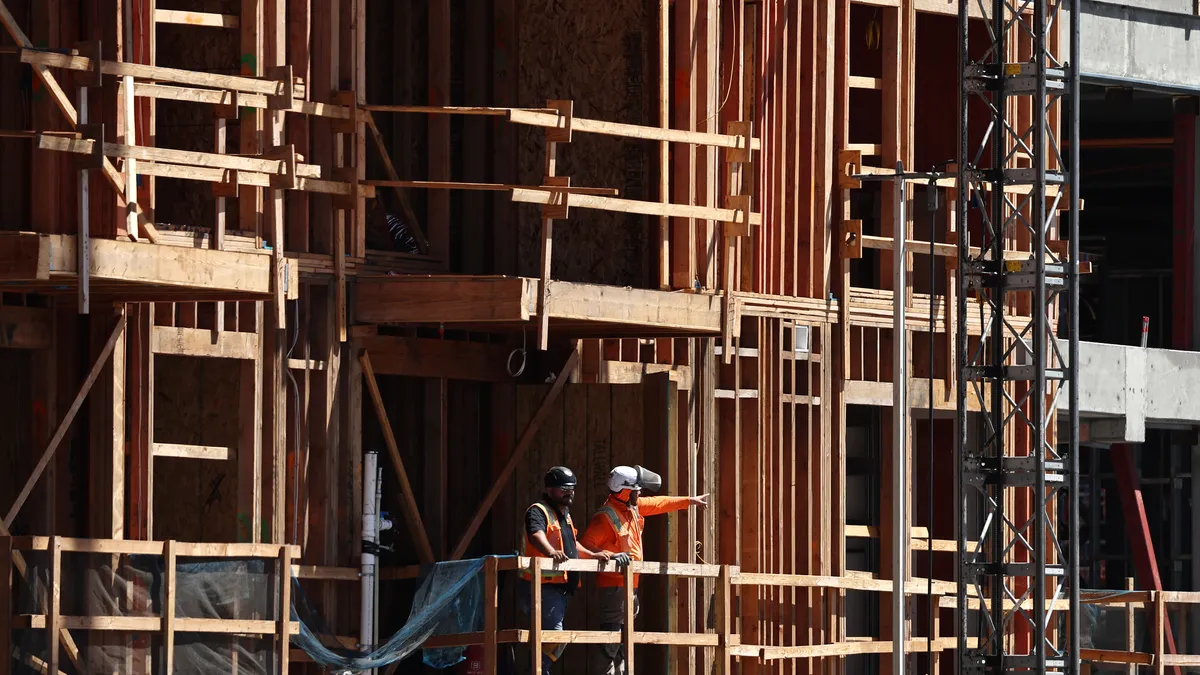BARCELONA — Although cities in the U.S. and EU are different in many respects, they struggle with similar urban problems that resist solutions. Traffic congestion, poor air quality, social and digital exclusion, poverty, public safety, digital transformation, lack of affordable housing and aging infrastructure are examples of problems cities confront on both sides of the Atlantic.
Such challenges were spotlighted at the recent Smart City Expo World Congress in Barcelona, Spain, where more than 20,000 representatives from around the globe gathered for discussions, meetings and the announcements of pledges and programs to move the needle on these topics.
Across the industry, there is an understanding of the potential for U.S. cities to benefit from partnerships and cooperation with EU cities. In smart city rankings, Europe stands out as a global leader. Based on EasyPark's 2017 Smart Cities Index, 53 of the world's 100 smartest cities are in Europe, whereas the U.S. has only seven cities in the top 100.
Sandra Schneider of the Austrian Institute of Technology (AIT) in Vienna, told Smart Cities Dive that Austrian cities wish to collaborate with U.S. cities, "But this is difficult due to regulatory and legal complexities, budget constraints in the U.S., lack of funding programs and the difference in mindset toward investing in infrastructure as a way to ensure quality of life." These differences become barriers for potential partners striving to create a meaningful dialogue and agreement.
At the Expo, Cary, NC Chief Information Officer Nicole Raimundo and Smart City Program Manager Terry Yates expressed to Smart Cities Dive an interest in cooperating with European cities, especially in regard to citizen-centric smart city services, which deliver real value to Cary citizens in their daily lives (and thereby increase awareness and trust in smart city planning).
Cooperation between U.S. and EU cities is already happening on a limited scale through the International Urban Cooperation (IUC) program, which supports city partnerships on sustainable development goals, urban planning and climate change. Bologna, Italy and Austin, TX are active in a partnership through the IUC program.
In a recent article, Valeria Stacchini of Bologna's Research, Innovation and European Project office, discussed the benefits of cooperation which enable the two cities to share knowledge on e-mobility, renewable energy, climate change and urban resilience. Stacchini says Bologna invests in such programs because "comparing approaches and sharing knowledge is always mutually enriching. This is even more apparent with international exchanges."
And in early 2018, the Harvard Technology and Entrepreneurship Center organized a meeting in Dublin, Ireland for the Smart City Innovation Accelerator, "a new form of innovation engagement established for smart city and Innovation leaders." The Dublin meeting was attended by chief technology officers and urban planners from the U.S., Europe and other regions. The event was designed to focus on cooperative development of working solutions for cities. Meeting attendees created and published a "declaration of Dublin principles“ for development of smart innovation districts in cities throughout the world.
According to Daniel Sarasa, Urban Innovation Planner in Zaragoza, Spain, these design principles represent "a practical set of guidelines that any planner dealing with the design, delivery or management of innovation districts should look at."
Thanks to a wide range of European funding programs, many EU cities cooperate with each other in smart city ventures to co-create urban solutions and services which can be replicated in multiple cities. But attempting to match this scale of cooperation between U.S. and EU cities is complex.
The Smart City Expo revealed a practical way to establish U.S.-EU cooperation is through competitions. The Barcelona City Council and the City of New York announced the launch of a "BCN - NYC Affordable Housing Challenge" (with a grant up to $20,000), which seeks innovative solutions to reduce the cost of construction in urban areas, promote a more sustainable housing industry and make housing more affordable.
Thought leaders in the U.S. and Europe claim smart cities are on the verge of a transition from a technology-driven focus — where urban planners rely on technology "as a magic bullet to solve all urban challenges" — to a more holistic, people-centric approach. Perhaps this is an opportune time for more U.S. and European cities to establish partnerships for knowledge sharing and co-creation of smart city solutions.



















